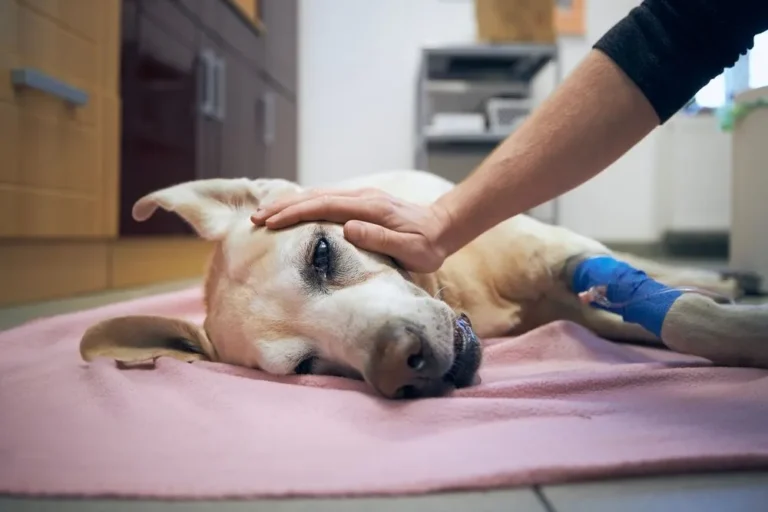You’re in the heart of Augusta, Maine, when your pet suddenly needs urgent help. Knowing how animal urgent care centers handle after-hours emergencies is crucial. These centers are ready to support you and your furry friend at any hour. When your regular veterinarian in Augusta, Maine, is closed, you need a plan. After-hours emergencies are managed with precision and care. First, experienced staff assess your pet’s condition. Then, they provide immediate stabilization. Common issues like breathing trouble, bleeding, or sudden lameness are addressed quickly. Treatment plans are crafted to ensure your pet receives the best care possible. From triage to follow-up, each step focuses on your pet’s well-being. You might feel anxious, but rest assured that urgent care centers are prepared. These centers work closely with your regular vet to ensure seamless continuity of care. Their mission is clear: provide immediate, efficient care when you need it most.
Understanding the Importance of After-Hours Care
After-hours emergencies can strike at any moment, leaving pet owners in a vulnerable position. These situations require immediate attention to prevent further complications. Animal urgent care centers offer a vital service by bridging the gap when regular veterinary offices close. Having access to a reliable urgent care center ensures that your pet receives the necessary care without unnecessary delays.
Common Emergency Situations
Several situations might require urgent care for your furry companion. These include:
- Difficulty breathing
- Severe bleeding
- Sudden limping or lameness
- Ingesting toxic substances
- Seizures
Recognizing these signs early and seeking prompt care can dramatically improve outcomes. Animal urgent care centers are equipped to handle these emergencies with expertise and compassion.
How Urgent Care Centers Operate
Urgent care centers operate with a streamlined process to ensure efficiency and effectiveness. Here’s how they typically manage emergencies:
| Step | Description |
| Triage | Initial assessment of your pet’s condition to prioritize care. |
| Stabilization | Immediate actions to stabilize your pet, such as oxygen therapy or fluid administration. |
| Treatment | Specific medical interventions to address the emergency. |
| Monitoring | Continuous observation to ensure your pet’s condition is improving. |
| Follow-Up | Coordination with your regular vet for future care and recovery management. |
Collaboration with Regular Veterinarians
One key aspect of animal urgent care centers is their collaboration with regular veterinarians. They maintain open communication to provide comprehensive care. This partnership ensures that your pet continues to receive the attention they need even after the immediate crisis is resolved. Your regular vet will be updated on the treatments administered, allowing for a seamless transition back to routine care.
Ensuring Preparedness
As a pet owner, being prepared for emergencies can ease stress. Here are steps you can take:
- Keep contact information of local urgent care centers handy.
- Know the route to the nearest facility.
- Familiarize yourself with basic pet first aid.
These preparations can save precious time during an emergency and provide peace of mind knowing you’re ready to act when needed.
Emphasizing Compassionate Care
Animal urgent care centers emphasize compassion as much as expertise. The team understands the emotional toll emergencies can take, and they strive to offer reassurance and support. You will find knowledgeable staff who are sensitive to your concerns and dedicated to your pet’s health.
Conclusion
In summary, animal urgent care centers play an essential role in pet health. They handle emergencies with skill and empathy, offering a lifeline when regular veterinary services are unavailable. By understanding their operations and being prepared, you can ensure your pet receives the best care possible in critical situations. Remember, the well-being of your pet is a priority, and urgent care centers are here to support that mission.
